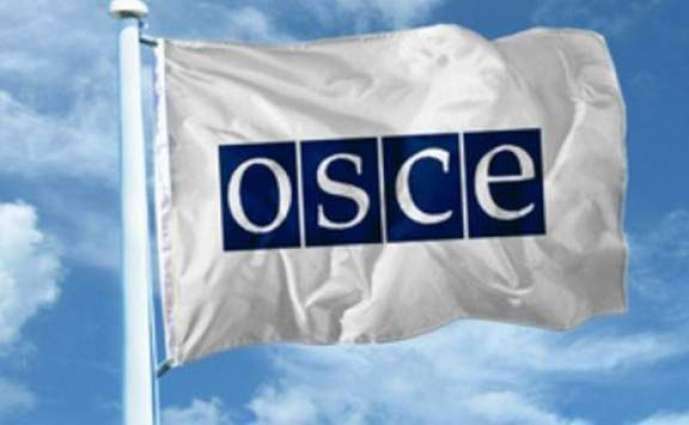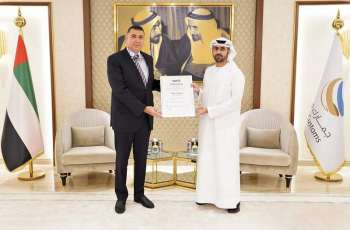The Russian delegation at the Organization for Security and Co-operation in Europe (OSCE) meeting on human rights in Warsaw urged Canada to stop supporting Ukrainian nationalists, a Sputnik correspondent reported Friday.
WARSAW (Pakistan Point News / Sputnik - 14th September, 2018) The Russian delegation at the Organization for Security and Co-operation in Europe (OSCE) meeting on human rights in Warsaw urged Canada to stop supporting Ukrainian nationalists, a Sputnik correspondent reported Friday.
At the meeting, Russia's senior prosecutor Irina Volkhonskaya said that according to media reports, Ukrainian right-wing radicals received support from Canada, whose government not only maintained constant contact with them, including the Ukrainian nationalist battalion Azov, but also supplied the group with large-caliber weapons.
"In this regard, we would like to call on the Canadian side to stop supporting the [Ukrainian] nationalists," she said.
In addition, a three-person delegation representing Crimea also arrived at the meeting, the delegation's head Ivan Abazher told Sputnik.
The Crimean delegation was able to speak at the session despite the attempts by the Ukrainian participants to hinder them.
A Ukrainian delegate told the chairman that in his speech, Abazher demonstrated "an attempt to violate the sovereignty and territorial integrity of Ukraine." In turn, a Russian delegate said that the OSCE meeting "did not belong to the category of those events where the ownership of a territory is decided."
After listening to the sides, the chairman let Abazher continue his speech.
The OSCE Human Dimension Implementation Meeting (HDIM) is one of Europe's largest annual human rights conferences. This year, the forum is being held on September 10-23 in Warsaw.
Ukraine and the Baltic states, most notably Latvia, have seen an outbreak of radical ideologies glorifying Nazis in recent years. Marches in memory of deceased members of the Latvian Legion of the Waffen SS in Riga and of Stepan Bandera, former leader of the Ukrainian nationalist movement and the Ukrainian Insurgent Army (banned in Russia), which collaborated with Nazi Germany during World War II and was responsible for numerous atrocities against civilians, have become a cause for harsh criticism by a number of international anti-fascist organizations as well as governments worldwide, including Moscow.




